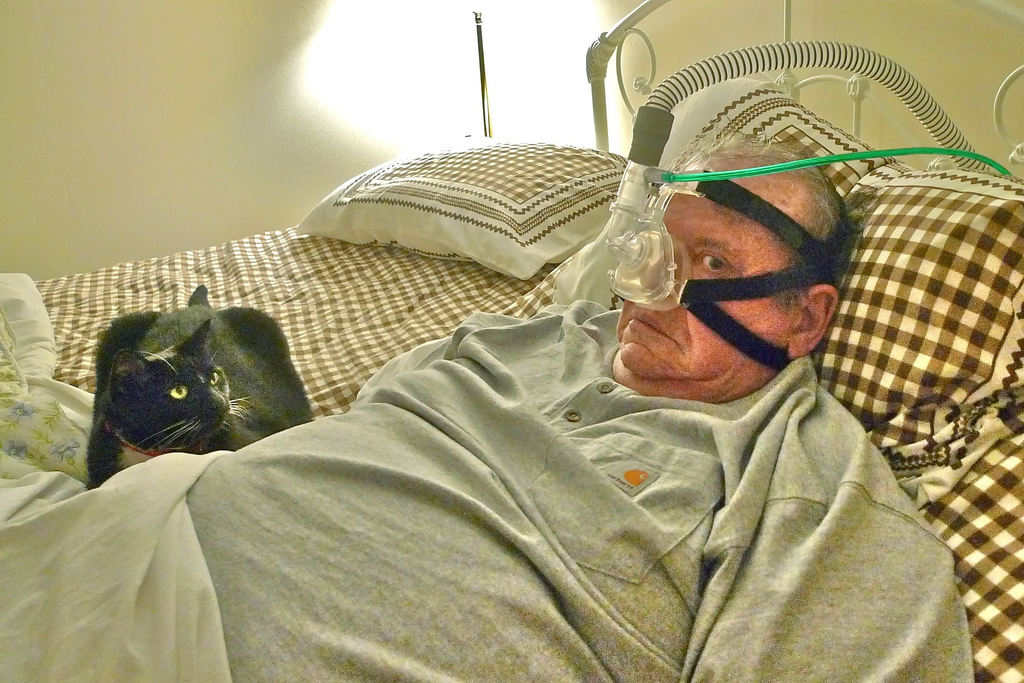-
Tips for becoming a good boxer - November 6, 2020
-
7 expert tips for making your hens night a memorable one - November 6, 2020
-
5 reasons to host your Christmas party on a cruise boat - November 6, 2020
-
What to do when you’re charged with a crime - November 6, 2020
-
Should you get one or multiple dogs? Here’s all you need to know - November 3, 2020
-
A Guide: How to Build Your Very Own Magic Mirror - February 14, 2019
-
Our Top Inspirational Baseball Stars - November 24, 2018
-
Five Tech Tools That Will Help You Turn Your Blog into a Business - November 24, 2018
-
How to Indulge on Vacation without Expanding Your Waist - November 9, 2018
-
5 Strategies for Businesses to Appeal to Today’s Increasingly Mobile-Crazed Customers - November 9, 2018
United Nations admits role in cholera outbreak
The statement from deputy spokesman Farhan Haq follows Thursday’s statement in which the United Nations said for the first time that it was involved in the introduction of cholera to Haiti and needs to do “much more” to end the suffering of those who contracted the disease, estimated at more than 800,000 people.
Advertisement
That court relied on a provision of the UN Charter that states “the UN “shall enjoy immunity from every form of legal process except insofar as in any particular case it has expressly waived its immunity”.
The decision was issued on late Thursday, wherein the United States 2nd Circuit Court of Appeals in NY affirmedJanuary 2015 dismissal by lower court of a lawsuit brought in the worst cholera outbreak in recent time.
On Friday, a United Nations spokesman said for the first time that the organization is mulling offering some form of compensation to victims of the disease that has sullied the reputation of the worldwide organization and of the Nepalese peacekeepers who are believed to have introduced the disease into Haiti.
The news also follows recent research published by scientists at the Yale School of Public Health, in partnership with colleagues at Yale Law School, which found that simple and low-priced interventions would be effective in preventing future outbreaks of the bacterial infection.
They say U.N. peacekeepers were responsible for introducing a cholera epidemic in Haiti in October 2010, following the massive quake that hit the impoverished Caribbean nation. The victims had filed financial claims against the UN.
On Thursday, a US Appeals court upheld the UN’s immunity on a damage claim filed by human rights lawyers on behalf of people killed or infected y cholera.
Draft language of the report, prepared by New York University law professor Philip Alston, who serves as a special rapporteur advising the UN on human rights issues, stated that the epidemic “would not have broken out but for the actions of the United Nations”, according to The New York Times.
“However, eliminating cholera from Haiti will take the full commitment of the Haitian Government and the worldwide community and, crucially, the resources to fulfil our shared duty”, the statement explained.
The court noted, flatly, that: “We have considered all of plaintiffs’ arguments on appeal and find them to be without merit”. N.’s actions closely. They have 90 days to decide whether to file an appeal to the U. S. Supreme Court. United Nations spokesman Farhan Haq said that over the course of the past year, the United Nations.
In December 2012, U.N. Secretary-General Ban Ki-moon announced a $2.27 billion initiative to help eradicate cholera in Haiti and the neighboring Dominican Republic, which share the island of Hispaniola, but the ambitious 10-year plan is underfunded.
Cholera made its first appearance in almost a century in Haiti in October, 2010, and it has since killed more than 10,000 people. In March, an average of 37 cholera deaths a month were recorded.
A U.N. acknowledgement that it played a role in introducing cholera to Haiti and vows to aid victims were welcomed Friday, Aug. 19, 2016, in the Caribbean nation, which has experienced the worst outbreak of the disease in recent history. These two outbreaks shared many environmental preconditions-warm water, urban crowding, poor sanitation and raw sewage.
Advertisement
An internal report seen by the New York Times is said to have led to the shift. According to a report last November, only $307 million has been received.





























